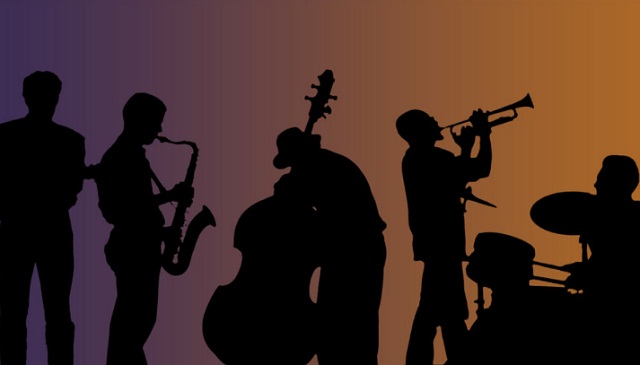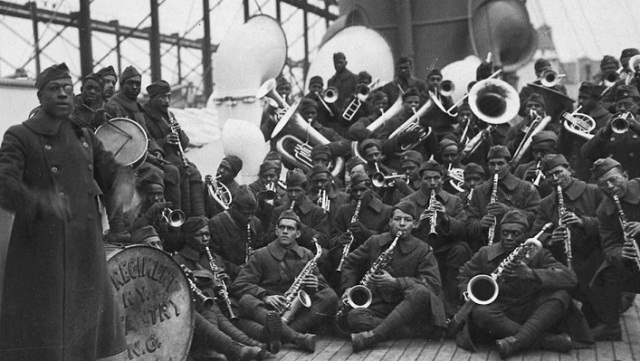
Nantes, France | AFP | A hundred years ago in World War One, a group of American soldiers stormed Europe — not to the boom of guns, but the swinging rhythm of saxophones, drums and horns.
They came to fight in the mud against the Germans in a war approaching its end — but their arrival also marked the start of a sweeter, cultural conquest.
A hundred years ago on Monday, the 369th Infantry’s “Harlem Hellfighters Band” gave what is said to have been the first jazz concert on European soil — in the northwestern French city of Nantes.
“When the band had finished and the people were roaring with laughter, their faces wreathed in smiles, I was forced to say that this is just what France needed at this critical moment,” wrote one of the band members, Noble Sissle, in his memoirs.
On Monday Nantes launches a series of concerts, conferences and exhibitions to mark the centenary of that legendary gig.
Among the guests of honour at Monday night’s opening are three of the grandchildren of the orchestra’s leader, Lieutenant James Reese Europe — the black American bandleader known as the “king of jazz”.
– Catching the jazz bug –
After that night at Nantes’s Theatre Graslin, Europe would never sound the same again.
It “turned France upside down”, according to local press reports from the time.
“The ‘Jazz germ’ had hit them,” Sissle wrote, “and it seemed to find the vital spot.”
The 369th Infantry was one of the four African American regiments sent from the racially segregated Unites States to fight under French command.

James Reese Europe “was the first African American officer to lead troops in a wartime attack,” said Matthieu Jouan, head of the “100 Years of Jazz” commemorations in Nantes.
The officer also put together the 40-strong band which included “some of the best of the time”, Jouan added.
When they were not fighting at the front, they played to entertain the troops and locals.
“People went crazy everywhere they toured to,” said Jouan.
– Music from No Man’s Land –
The 369th Infantry received the Croix de Guerre French military decoration for bravery.
France also awarded the Legion d’Honneur to 171 members of the regiment for liberating the village of Sechault, where a monument to them now stands.
Lieutenant Europe composed one of his best-known tunes, “One Patrol in No Man’s Land”, while lying injured in hospital.
He returned from the war a hero, only to die months later in May 1919 at the age of 39 — stabbed in the neck by one of his bandmates.
The headlines in the American press read: “The king of jazz is dead,” said Jouan.
But the officer’s death coincided, he added, with the rise of three great musical stars: Duke Ellington, Louis Armstrong and Sidney Bechet.
The jazz age had begun.
 The Independent Uganda: You get the Truth we Pay the Price
The Independent Uganda: You get the Truth we Pay the Price





